Despite everything Black people have experienced in the United States — slavery, Jim Crow, mass incarceration, overt racism in every sector of society, and the daily microaggressions that wear on your heart and soul — there have always been courageous leaders willing to rise up to empower and advocate for the Black community. And too often, white supremacists kill these leaders and heroes who were symbols of hope to so many.
RELATED: 5 Abolitionists Who Show Us What White Allyship Looks Like
“I’ll never forget when Malcolm X was assassinated. I’ll never forget when Martin Luther King was assassinated. I will never forget when John F. Kennedy died, and Robert Kennedy was assassinated,” says Karen Streets Anderson, a Baha’i living in Nashville Tennessee. “I remember the bombing at the church where little girls a little bit older than I were killed. It became very real real quick when I watched how much my family was suffering from what was going on.”
But, Karen says, “Growing up as a Baha’i during that turbulent decade of the 1960s laid a foundation of hope for me.”
In this video clip from The Race Unity Project, Karen shares how, during a very painful time of racial oppression and division, the Baha’i teachings and the Baha’i community gave her hope for race unity.
In 1938, Shoghi Effendi, the Guardian of the Baha’i Faith, wrote that Baha’is should have a “fraternity freed from that cancerous growth of racial prejudice, which is eating into the vitals of an already debilitated society.” He explained that “these are the ideals which the American believers must, from now on, individually and through concerted action, strive to promote, in both their private and public lives.”
And, Karen says, the Baha’i community was the only space where she saw white and Black people socializing and working together.
Videos from “The Race Unity Project” include candid conversations about things many people wonder — such as what does a racism intervention look like and how can we take a stand against domestic violence. The effort is produced by Journalism for Change, Inc, a nonprofit media organization founded by filmmaker and human rights activist Maziar Bahari. Watch as Karen discusses how the integrated Baha’i community provided a stark contrast to the outside world.
“If it weren’t for the Baha’i Faith,” Karen says, “I would have no hope even to this day that there could never be anything close to unity between the races, that there could ever be a thing called justice for peoples of color.”
Radiance Talley serves as the director of operations at BahaiTeachings.org, where she integrates her expertise in SEO, journalism, design, and publishing into every aspect of her work. She has edited and written hundreds of articles for BahaiTeachings.org and has also written and optimized articles for...
READ MORE

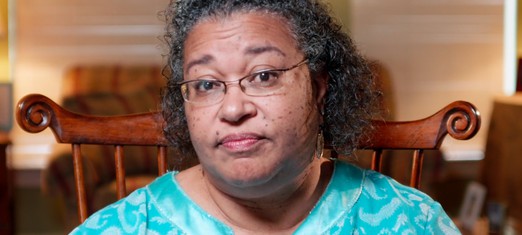

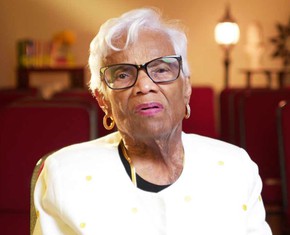
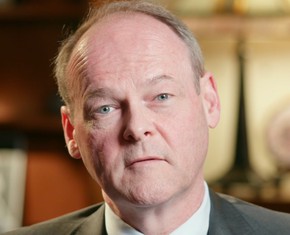
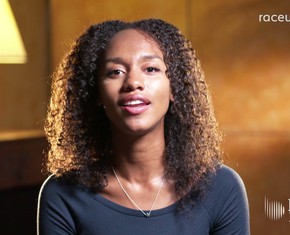
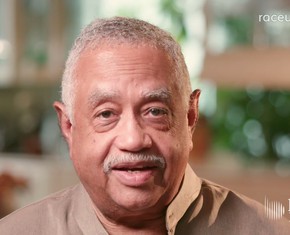









Comments
Sign in or create an account
Continue with Googleor